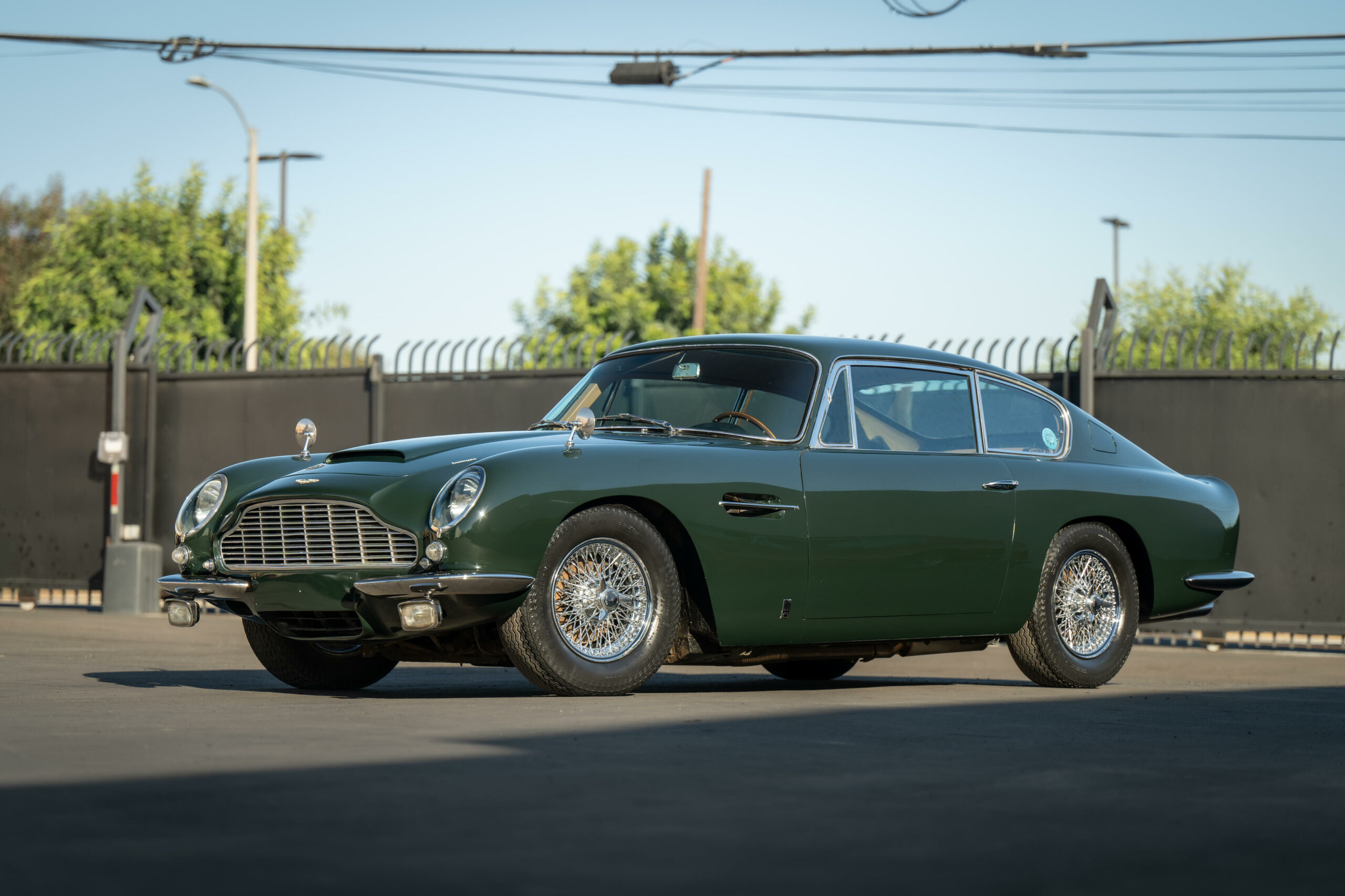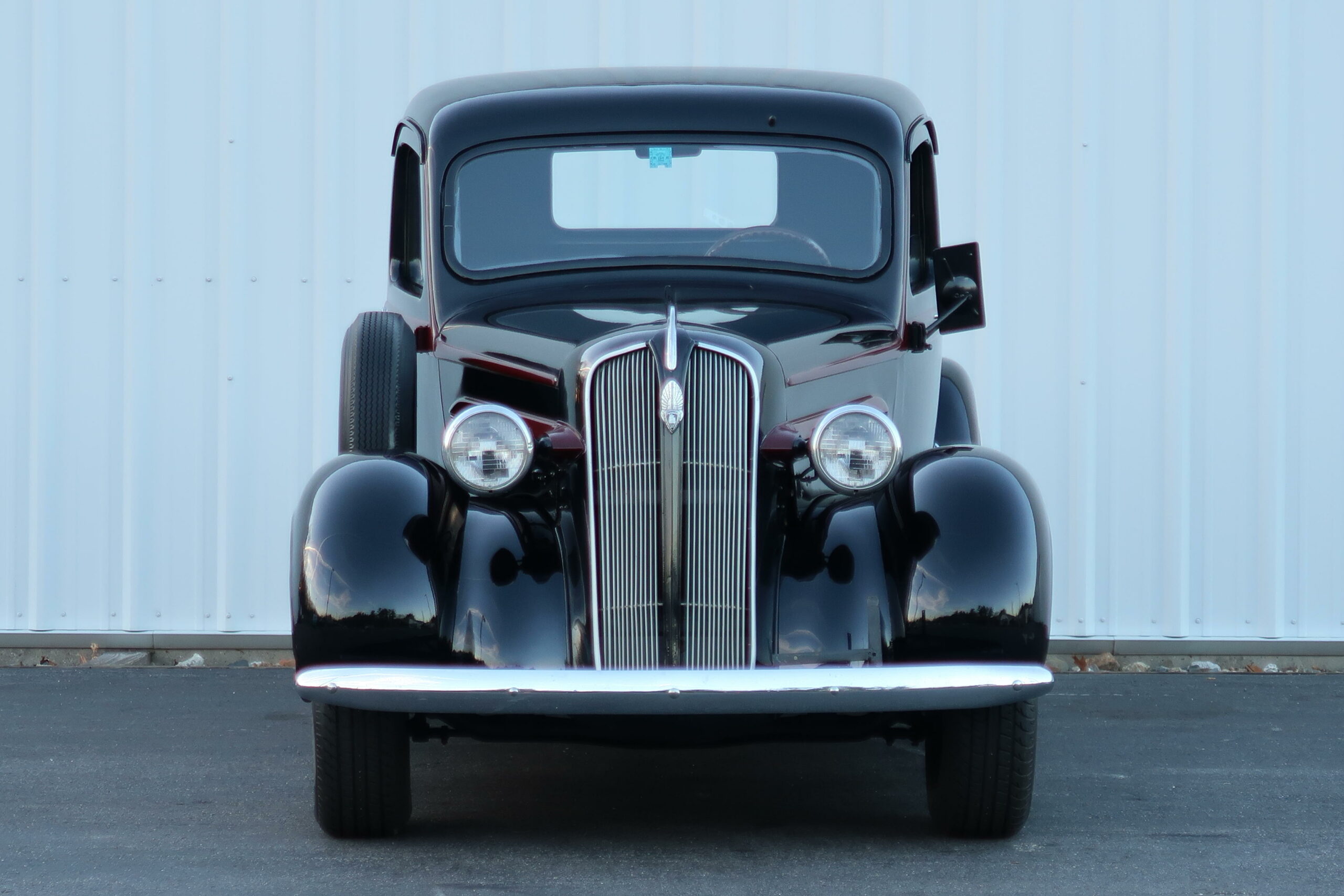Categories
- 1910s
- 1920s
- 1930s
- 1940s
- 1950s
- 1960s
- 1970s
- 1980s
- 1990s
- 2000s
- AMC
- Aston Martin
- Autobianchi
- Bentley
- BMW
- Bristol
- Buick
- Cadillac
- Chevy
- Chrysler
- Citroen
- Classic Cars
- Classic Hot Rods
- Classic Muscle Cars
- Classic Sports Cars
- Cunningham
- Davis
- Duesenberg
- Edsel
- Facel Vega
- Ferrari
- Fiat
- Ford
- Ghia
- Hillman
- Hudson
- Jaguar
- Kaiser
- Lamborghini
- Luxury Car
- Maserati
- Mercedes-Benz
- Moretti
- Packard
- Panhard
- Plymouth
- Porsche
- Reliant
- Rolls-Royce
- Studebaker
- Toyota
- Uncategorized
- Vespa
- Volvo
- Wolseley
The history of Plymouth is a chapter in the story of American automobile manufacturing, marked by innovation, affordability, and a significant role within the Chrysler Corporation. Plymouth was a brand established by Chrysler to cater to the lower-priced end of the automotive market, providing consumers with reliable and budget-friendly vehicles.
Plymouth was introduced by the Chrysler Corporation in 1928 as a way to compete with other low-priced car brands of the time, including Ford and Chevrolet. The brand was named after the English city of Plymouth, known for its historical significance in American history.
Plymouth’s early models were designed to be economical and practical, offering consumers a no-frills alternative to more expensive cars. The Plymouth Model Q, introduced in 1928, was the first Plymouth car and set the brand’s tone for affordability and simplicity.
One of Plymouth’s key moments came during the Great Depression when the brand introduced the Plymouth Six in 1933. This car was known for its affordability and reliability, making it a popular choice for American families during tough economic times. The success of the Plymouth Six helped solidify Plymouth’s position in the automotive market.
In the 1950s and 1960s, Plymouth produced a range of models, including the Plymouth Belvedere, Plymouth Fury, and Plymouth Valiant. These cars offered consumers a combination of practicality and style, with the Plymouth Fury gaining fame as the iconic car featured in the novel and film “Christine” by Stephen King.
Plymouth also contributed to the muscle car era with models like the Plymouth Barracuda and the Plymouth Road Runner. The Road Runner, introduced in 1968, was a budget-friendly, high-performance car that became an instant classic.
Despite its popularity, Plymouth faced challenges in the later decades of the 20th century, including increased competition and changing consumer preferences. The brand underwent various changes in identity and design, attempting to stay relevant in the market.
In 2001, the Chrysler Corporation announced the discontinuation of the Plymouth brand. The decision was part of Chrysler’s strategy to streamline its product offerings and focus on its core brands, including Chrysler, Dodge, and Jeep.
The closure of Plymouth marked the end of a brand with a legacy of affordability and practicality, serving as a reliable choice for generations of American drivers. While Plymouth no longer produces cars, its historical models remain a cherished part of American automotive history, celebrated by collectors and enthusiasts for their affordability and cultural significance.





